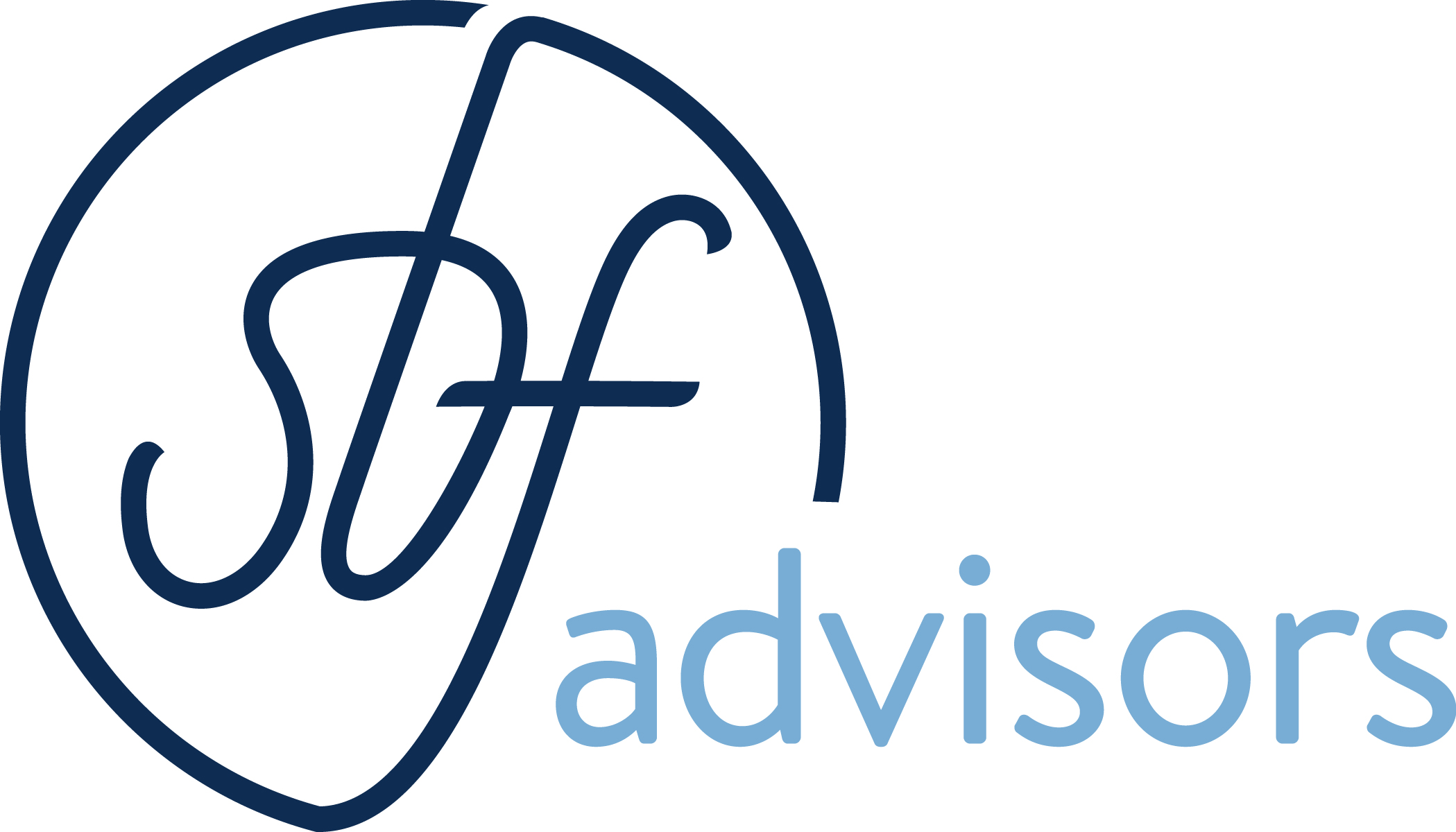Why Trust Is a Practice, Not an Achievement: A Q&A with SBF’s Kera Haas
Longevity with clients doesn’t happen without trust. Here are some tips on how to earn it.
In business, as in real life, a relationship that lacks trust is exhausting — and odds are that the relationship won’t survive it.
PwC’s recently released 2022 Consumer Intelligence Series Survey on Trust showcases some major misalignments between businesses, stakeholders and customers. This survey of more than 5,000 individuals found a 15-percentage-point gap between how much business leaders believe employees trust their company and workers who highly trust their employer. And while nearly 9 in 10 business leaders think consumers highly trust their company, fewer than one-third of those consumers expressed trust in companies.
We spoke with Kera Haas, a senior manager in our tax department and a 17 year veteran at SBF, about what trust means to her and how to lead by example in the workplace. “Trust means building and maintaining a rewarding relationship with our clients and employees,” she said. “We nurture trust by showing appreciation every day, encouraging coaching, soliciting and acting on feedback, and finally, empowering our team and clients by trusting them first.”
Read on for Kera’s thoughts on making relationships work SBF-style.
What’s the real reason why it’s important that all businesses build trust with both clients/customers and employees?
Trust in the workplace means an employee will be proud of where they work. A proud employee will be more willing to participate and spread the firm’s culture. They will also go above and beyond in all aspects of their job. Trust makes them feel secure in their job, and it creates mutual respect.
As for clients, when they trust you, they find you credible and want to do business with you. This leads to client advocacy, loyalty and continued engagement.
What techniques would you suggest to help a business build trust with new clients?
Respect your clients. Included in that respect is proper communication — honest, timely and proactive. Other tips include being prepared and on time; listening first and responding later; admitting to mistakes and correcting ethically; and getting personal.
These techniques all evolve naturally, but one that will grow the most over time is getting personal. A client relationship that is strictly business makes it hard to build trust. Sharing a bit about yourself over time will create a more relaxed relationship, which will result in the natural creation of trust. When someone knows about your family, interests, career, they are more likely to feel as though there is a true relationship.
A disagreement or difference of opinion can further cement trust when navigated properly. How do you handle these moments?
Conflict sheds light on problems, resulting in change. Conflict management encourages open and prompt communication and shared solutions. Managing conflict strategically results in stronger client and employee relationships. I learned a lot from executive coaching when I was getting started as a leader in the firm, and I still recommend executive coaching to anyone who wants to improve these skills.
How does SBF nurture trust with its clients and its employees?
At SBF, we are continuously growing a culture that’s based on our firm’s core values. SBF’s core values focus first on people, which include both our clients and our employees. We are focused on the success of our employees, as well as the businesses and individuals we work with.
I think the proof is in the longevity of our relationships. While I have worked at SBF we are proud to have served family owned businesses like Flo-Tec Automation, Wayne Purdy European Motors and Chainwheel Drive for more than 25 years. One niche area of our firm is affordable housing which contains multiple client relationships that have lasted for over 30 years.

